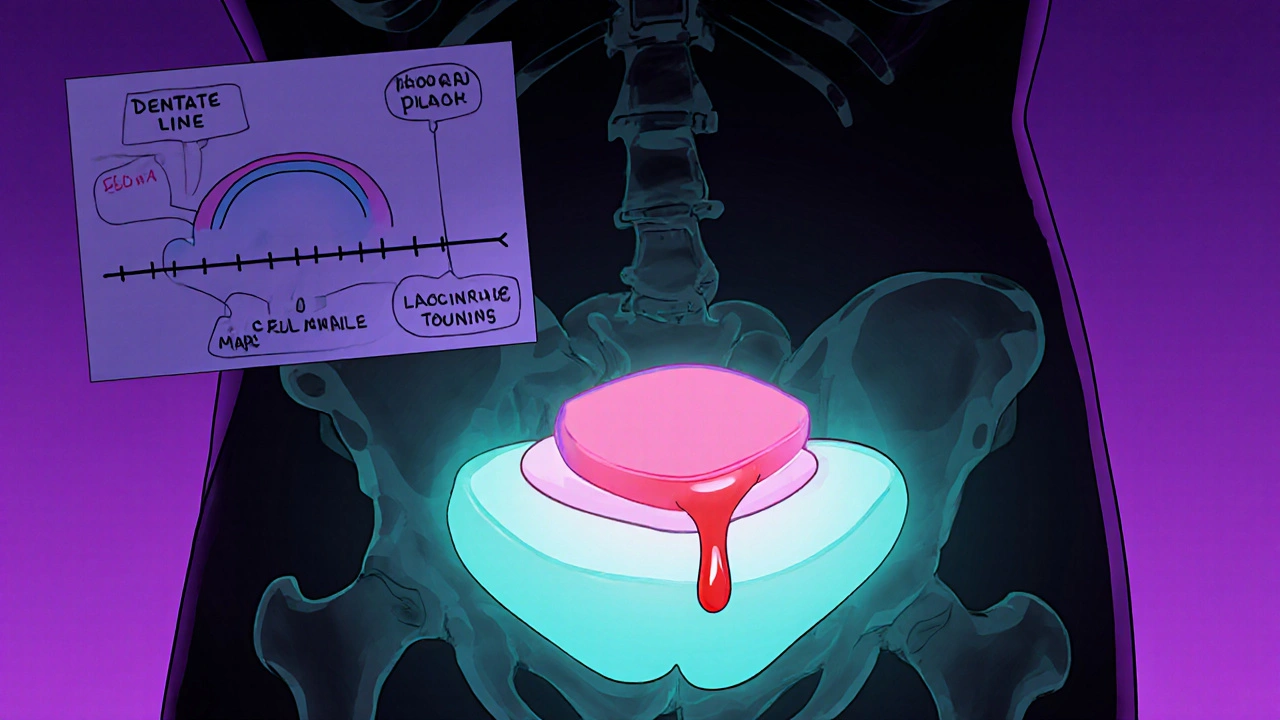Hemorrhoids: Causes, Relief, and What Really Works
When you feel that burning, itching, or swelling near your anus, it’s often hemorrhoids, swollen veins in the lower rectum or anus that can become painful and inflamed. Also known as piles, they’re not rare—about half of all adults will deal with them by age 50. They’re not a sign of poor hygiene or something you caused. They’re a physical response to pressure, strain, or prolonged sitting—often from constipation, pregnancy, or heavy lifting.
What makes hemorrhoids worse? constipation, hard stools that force you to push during bowel movements is the biggest trigger. That strain stretches the veins until they bulge. rectal bleeding, bright red blood on toilet paper or in the bowl is common, but it’s not always harmless. If it’s new, heavy, or paired with pain, it could be something else—like an anal fissure, a small tear in the lining of the anus that causes sharp pain during bowel movements. Both can feel the same, but they need different care.
You don’t need to suffer in silence. Most hemorrhoids get better on their own with simple fixes: more fiber, more water, avoiding long sits on the toilet, and over-the-counter creams with witch hazel or hydrocortisone. Sitting in warm water for 10 minutes a few times a day helps too. But if you’ve tried all that and it’s still bothering you—if you’re bleeding regularly, feeling a lump that won’t go away, or in constant pain—it’s time to talk to a doctor. Some cases need minor procedures, but you’ll know you’re past the point of home care when the discomfort stops you from sitting, walking, or sleeping.
What you’ll find below are real, practical guides on how to handle hemorrhoids without falling for myths or expensive gimmicks. From dietary tips that actually work, to what OTC products are worth buying (and which ones are just hype), to when to skip the pharmacy and head to the clinic—this collection cuts through the noise. No fluff. No scare tactics. Just what helps, what doesn’t, and how to know the difference.
Hemorrhoids: Internal vs. External and How to Treat Them
Learn the difference between internal and external hemorrhoids, what causes them, and how to treat them effectively-without unnecessary surgery or unproven remedies. Get practical, science-backed advice for relief and prevention.
